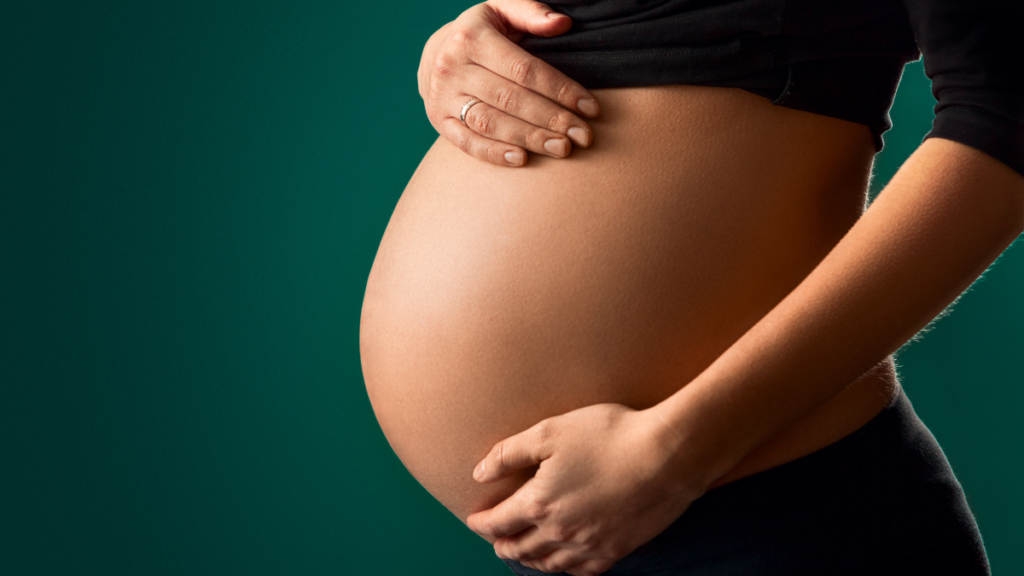White discharge in early pregnancy is a common concern for many pregnant women. It is important to understand the signs and symptoms of this condition in order to be able to take the proper steps for managing it. White discharge, also known as leucorrhea, typically occurs during pregnancy due to an increase in hormones, especially progesterone. It helps keep the vagina clean by flushing out bacteria and other debris from the body. This type of discharge is typically odorless and thin with a milky white appearance. The amount of white discharge can vary from woman to woman; some may experience more while others may have very little at all. In most cases, introduction white discharge in early pregnancy is harmless and doesn’t require any treatment or intervention. However, if the amount or odor increases significantly or if there is any itching or burning sensation, it’s best to see your doctor right away for further evaluation and treatment.

Is it normal to have vaginal discharge in pregnancy?
It is normal to have vaginal discharge in pregnancy. This discharge is usually a thin, milky white or creamy liquid that helps keep the vagina clean and healthy. The discharge helps to prevent any infections from entering the vagina and also helps to move sperm up from the vagina to the womb so that it can fertilize an egg. Generally, more mucus is produced when an egg has been fertilized, but this increase in fluid should not be sudden or excessive. If you experience too much vaginal discharge during your pregnancy, it’s important to speak with your midwife or doctor as soon as possible. They may recommend some changes to help prevent any infections or advise you on how best to manage the situation. Despite this, it’s perfectly normal to have vaginal discharge during pregnancy and is nothing to be concerned about.
When is vaginal discharge in pregnancy a warning sign of a problem?
Vaginal discharge in pregnancy is a normal part of the process, but it could be a sign of a problem. If you notice a change in the color, smell or amount of discharge or an increase in the amount of watery fluid, it could indicate an infection or sexually transmitted disease. It’s important to call your doctor or midwife if you notice any changes in your vaginal discharge during pregnancy. Your doctor or midwife will be able to assess whether any further tests are necessary and discuss treatment options with you. If you notice an increase in vaginal discharge, it might also be a sign that you are about to go into labor so it’s important to keep monitoring the amount of discharge and contact your doctor or midwife if there is cause for concern.
Tips on what to do about vaginal discharge when you’re pregnant
During pregnancy, it is normal for the vagina to produce an increased amount of vaginal discharge. However, if the discharge has a strong smell or an unusual color, you may have a vaginal infection. If there is excess discharge, it is important to see your doctor right away so they can diagnose and treat the infection. One common cause of vaginal discharge during pregnancy is bacterial vaginosis; this type of infection can cause itching and burning in the vagina. To help prevent this type of infection, make sure to keep your vagina clean by washing with warm water and mild soap twice a day. Also avoid douching or using any scented products inside your vagina as these can disrupt the balance of bacteria which can lead to infection. If you have any questions or concerns about vaginal discharge when pregnant, be sure to contact your healthcare provider for advice.
Different Types of Discharge During Early Pregnancy
Different types of discharge during early pregnancy can vary from person to person. Generally speaking, many women experience increased vaginal discharge during the first trimester. This is normal and may range from clear and watery to creamy or mucous-like in consistency. It is important to note that different types of discharge can be signs of infection and should be reported to your doctor if it persists or smells bad. Other types of discharge that can occur during the first trimester are implantation bleeding, which is light spotting caused by the egg implanting into the uterine lining; and small amounts of blood due to cervical irritation or a vaginal infection. It’s best to contact your doctor if you experience any abnormal or unusual discharge in order to rule out any potential health concerns.
Conclusion
In conclusion, white discharge in early pregnancy is usually normal and is a sign of the body’s preparation for childbirth. It can also be caused by an infection or other medical condition. Therefore, it is important to seek medical advice if the discharge is accompanied by itching, burning, or a foul odor. Additionally, it is important to practice good hygiene and wear breathable underwear to prevent any discomfort or infections. If you experience any symptoms that are concerning, contact your doctor right away as they will be able to determine the underlying cause and provide treatment if necessary.























